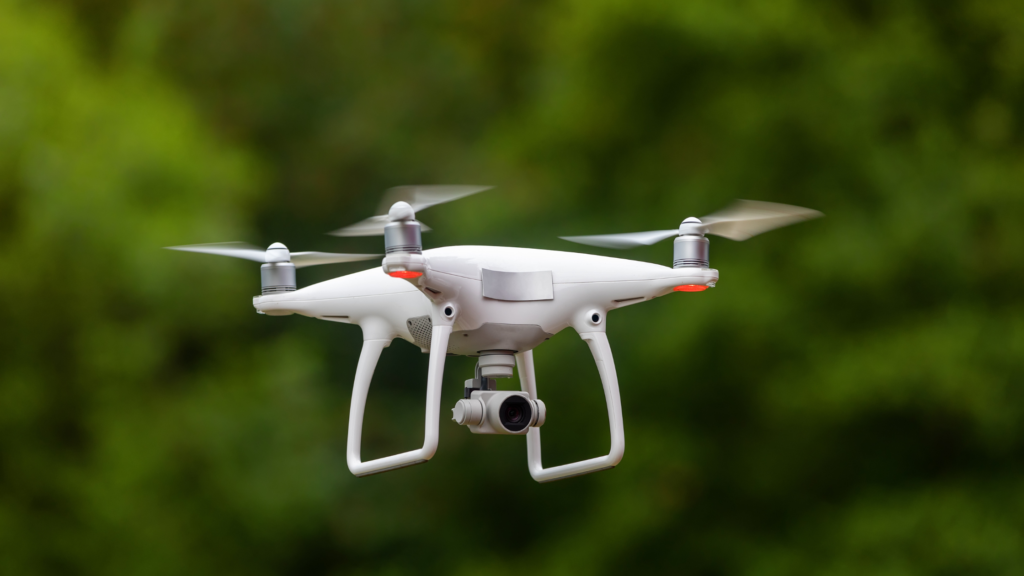
Are You Covered for the Future?
The world of technology is constantly evolving, with innovations like drones and autonomous vehicles rapidly transforming our lives. However, this rapid progress presents a challenge for the insurance industry. Traditional insurance policies may not adequately cover the risks associated with these emerging technologies. At Shaumyan and Derbarseghian, LLP, we believe in staying ahead of the curve. This blog explores the potential coverage gaps in insurance policies for emerging technologies and how you can protect yourself.
Why Traditional Insurance Might Not Cover Emerging Technologies
There are several reasons why traditional insurance policies might not cover new technologies:
- Novelty: Insurance policies are based on historical data and established risks. Since emerging technologies are new, there’s limited data to accurately assess the risks they pose.
- Uncertain Liability: Who is liable in an accident involving a drone or autonomous vehicle? Is it the manufacturer, the operator, or both? Unclear legal frameworks surrounding liability for emerging technologies create challenges for insurers.
- Policy Wording: The language used in traditional policies might not explicitly address the unique risks associated with these new technologies.
Coverage Gaps for Specific Technologies
Here’s a closer look at potential coverage gaps for two popular emerging technologies:
- Drones: While homeowners insurance might cover accidental property damage caused by a drone you operate, it might not cover liabilities if your drone injures someone or damages another person’s property. Commercial drone operators may need specialized insurance.
- Autonomous Vehicles: Traditional auto insurance policies might not account for accidents involving self-driving cars. The question of who’s liable (the manufacturer, the owner, or no one?) remains a major hurdle. As autonomous vehicles become more prevalent, new insurance products will likely emerge to address these gaps.
Protecting Yourself in the Age of Emerging Technologies
Here are some steps you can take to ensure you have adequate coverage:
- Review your existing policies: Carefully examine your current insurance policies (homeowners, auto, etc.) to understand what they cover and what exclusions might apply to emerging technologies.
- Consider specialized coverage: Depending on your specific needs (e.g., commercial drone usage), specialized insurance products tailored for emerging technologies might be necessary.
- Stay informed: As the legal landscape surrounding emerging technologies evolves, so too will insurance offerings. Keep yourself updated on new developments and potential coverage options.
Shaumyan and Derbarseghian, LLP: Your Partner in a Changing World
The world of insurance is constantly adapting to keep pace with technological advancements. Shaumyan and Derbarseghian, LLP, is committed to staying at the forefront of these changes. We can help you understand potential coverage gaps and explore insurance options that best suit your needs in this evolving technological landscape.
Contact us today for a consultation and discuss how we can help you navigate the complexities of emerging technologies and ensure you have adequate insurance coverage.
Disclaimer: This blog is for informational purposes only and does not constitute legal advice. Please consult with an attorney for specific legal guidance.

